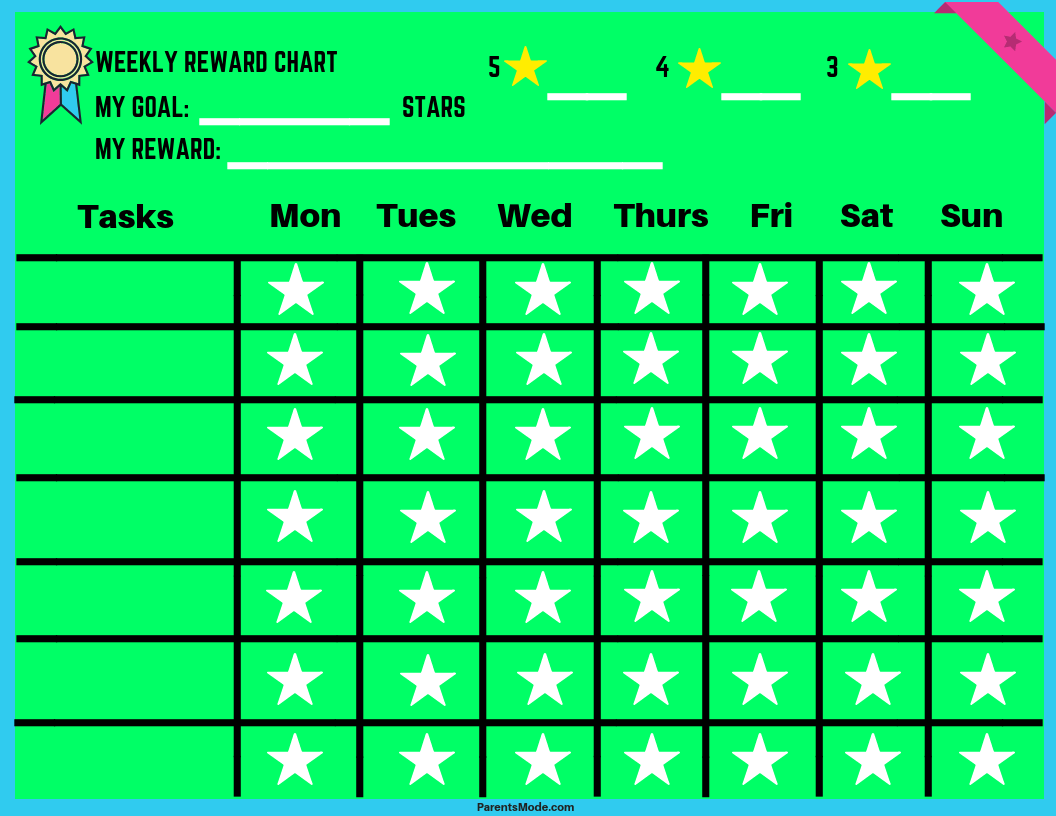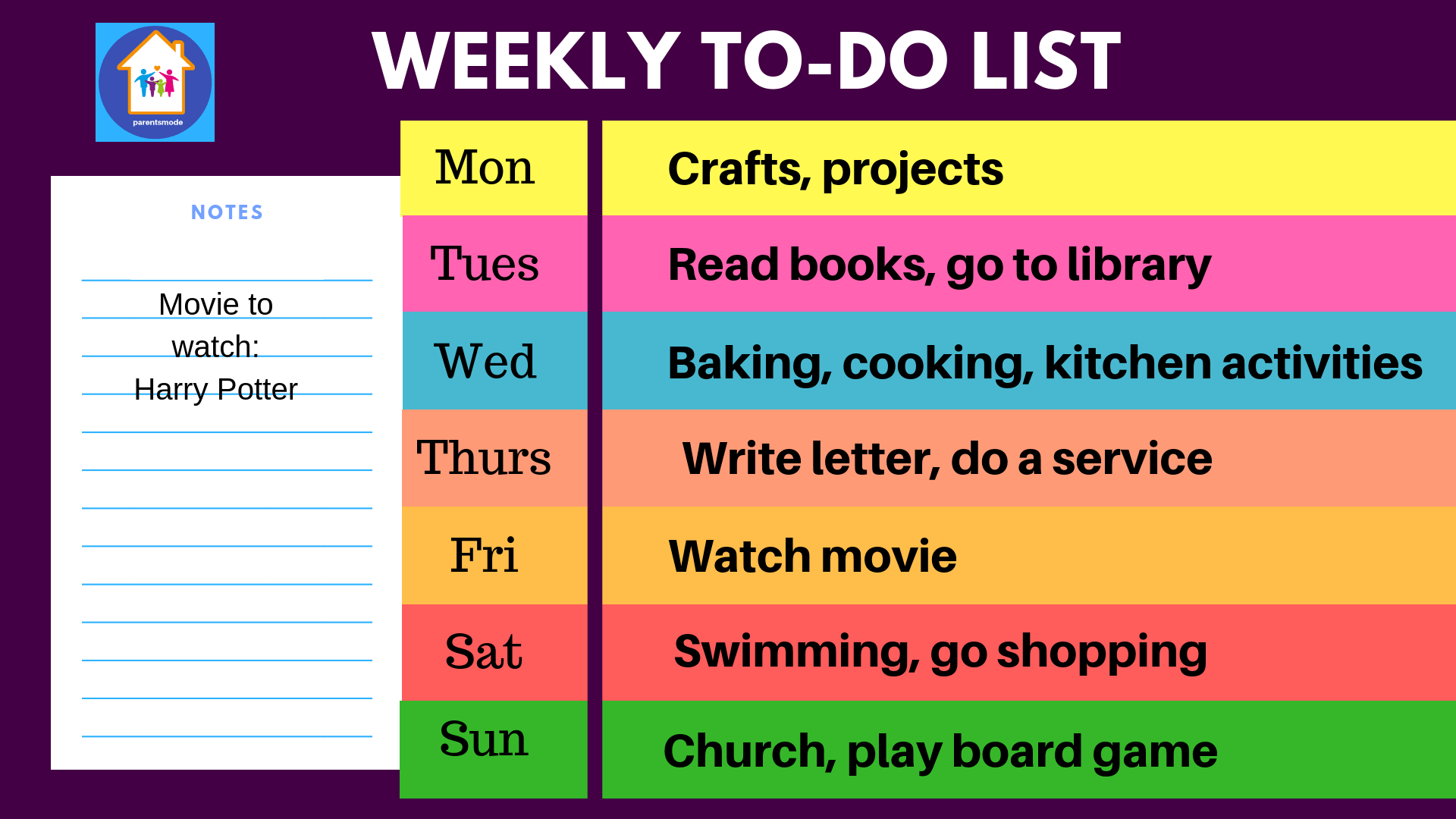One of the most embarrassing situations a parent can find themselves in is being in public while their child is throwing a temper tantrum. All kids will have temper tantrums at some point, parents just hope they occur at home. Temper tantrums can be frustrating for parents or daycare professionals to handle so below are some tips on how to deal with kid temper tantrum.
Anatomy of a Tantrum
Before you can stop a temper tantrum it is important to understand what a temper tantrum is and why children have them. Temper tantrums are natural and common among young children because they lack the skills and vocabulary to express their feelings so it comes out in the form of a tantrum.
Most tantrums are nothing to worry about and can be handled and should not be a concern for parents. The most common reasons kids have tantrums are they are anxiety, anger, and exhaustion.
While it is inevitable that your child will have a few temper tantrums in their life there are some ways to help avoid them and ways to deal with them properly that will lessen the length and intensity of the tantrum which is helpful not only to the parent but to the child as well.
Tips on How to Deal With a Kid Temper Tantrum
It’s inevitable that children will have temper tantrums, but how you deal with them is the key to future tantrums and the intensity and length of the current tantrum.
Temper tantrums can be extremely frustrating for parents. Implementing rules and discipline can reduce the amounts of temper tantrums that your child has.
Other tantrums that arise from emotions they cannot deal with like anxiety may be harder to handle since your child is overwhelmed and does not have the vocabulary or experience to explain while they are feeling that way.
Below are some tips on how to prevent temper tantrums and how to deal with them effectively when they do occur.
Ways to Help Prevent Kid Temper Tantrums
1. Schedule: Keep your child on a schedule. Routines and schedules are important as children feel better when they know what is expected of them.
Keeping set times for bedtime, dinner, watching televisions, reading, etc., let children know their schedule at all time and there will be fewer tantrums.
2. Behavior Chart: Create a behavior chart for your child so they know what to expect and they get immediate feedback about their behavior allowing them to learn and control their behaviors more efficiently. Rewards and disciplines based on their behavior chart are great incentives for children to control their behavior.
You can download weekly schedule, behavior chart, and more in the resource section at the end of the article.
3. Reward Good Behavior: It is important to respond positively to your child’s good behavior and this can work in conjunction with their behavior chart.
Incentives, like placing stickers on their behavior chart and earning rewards like more television time or a small toy at the end of the week, are positive ways to help your child control their behavior and can help avoid unnecessary temper tantrums.
4. Discipline: While it is important to reward good behavior, it is just as important to make sure you discipline bad behavior. You must be consistent and respond the same way so your child can learn that there are consequences to their actions.
Children will test their boundaries and if you are consistent in your discipline they will learn that bad behavior will be disciplined and you will experience fewer temper tantrums. Make sure the discipline is appropriate for the behavior and talk to your child about why they are being disciplined so they can avoid the bad behavior in the future.
5. Schedule Time with Your Child: Parents are busy between work, family obligations, other children’s activities, etc, that they sometimes forget that children need some one on one time with their parent or parents.
Children need this time to feel safe and assure that they are loved. Setting aside as little as 15 minutes one on one time will give your child the safety and security they need and will help with their behavior.
Some ways to make sure you have one on one time with your child are as simple as reading together before bedtime, play with them and their favorite toy, or even sitting and watching their favorite show will let them know they are important to you and give them the security they need.
6. Give Kids Some Control: While kids need a schedule to know what is expected of them, you may want to allow them to make some decisions about the schedule so they can have some control and teach them to make good decisions.
Don’t present them with too many options as this will overwhelming to them, simply offer two options and allow them to choose. For example, you can lay out two sets of clothes and ask them which they would like to wear or present them with two meal options and allow them to choose.
By giving your child some control over their daily routine can give them confidence and the ability to better control their emotions.
7. Controlled Environment: While parents cannot control all the environments your child will be in, it is important to try to control what you can like your home.
If you have an item that you know your child should not touch then make sure it is out of reach or sight to avoid having to discipline your child for touching it.
It’s really not fair to put something you know will attract your child’s attention where they can reach it and then discipline them for touching it, try to keep tempting objects out of sight and mind until your child is old enough.
8. Know Your Child’s Limits: It is important for parents to know and understand their child’s limits and not push them beyond those limits.
If you are out and your child’s bedtime is 8:00 and it is now 8:30 and you choose to run one more errand, you are risking your child having a temper tantrum as they are obviously tired.
You are putting your child in a situation where they are past their limit and it is unfair to then discipline them for it. Know their limits and stick to them to avoid unnecessary tantrums.
Ways to Deal with Kid Temper Tantrums
1. Leave the Situation: If you are out in public and your child throws a temper tantrum, remove you and your child from the situation by going into the restroom, outside, or to your car.
This way you can avoid the embarrassing looks of strangers and also you can properly deal with your child’s behavior in a more controlled environment.
2. Don’t Give In: It is important that you do not give in to your child’s temper tantrum. Children need boundaries and limits and they are always testing those limits to be consistent. Don’t give in to their temper tantrums.
3. Speak Softly: It is important when dealing with a child throwing a temper tantrum that you do not yell or raise your voice, you need to speak softly.
No matter how loud your child gets, resist the urge to raise your voice as it will only cause more frustration for you and your child. By speaking softly you can calm your child so they are more likely to listen to you. Yelling can cause them to shut down and stop listening.
4. Diversion: If you find yourself out in public and your child has a temper tantrum, try creating a diversion. Children have relatively low attention spans so if you can create a diversion and get your child to forget what they are throwing the tantrum for, you can effectively diffuse the situation.
5. Humor: A simple and effective way to help calm a temper tantrum is to use humor. Simply laughing or making a funny face can be enough to distract your child, cause them to stop their outburst and help parents regain control of the situation.
6. Ignore: If you are at home and your child throws a temper tantrum, you may want to simply ignore them and let them get their frustration out.
If your child sees that they are not getting the reaction they want, they will stop the tantrum and may not throw one the next time because they did not get their way.
7. Don’t Ignore Aggression: While ignoring your child who is on the floor crying because they did not get their way can be an effective way to end a tantrum, it is important to not ignore aggression.
If your child begins hitting, kicking, biting, or throwing items, it is important to act immediately. Physical aggression is not an effective way to deal with emotions and must be addressed immediately and not allowed to continue.
Parenting Resources
Schedules
Some great ways to prevent temper tantrums is to stick to a schedule. While each family has different activities and schedules, below are several downloadable resources to help show what some expectations should be for your child:
Daily Schedule by Parents Mode
Behavior Charts
Behavior chart is a great way to reward good behaviors and discipline unwanted behaviors. If you are able to establish a behavior chart and stick with it, you will find that your child will choose good behavior because rewards are better than punishments. Below are some examples of behavior charts you can use:
Download or Print this Chart Below
Weekly Reward Chart by Parents Mode
Schedule Time
One effective way to help prevent tantrums is to make sure you are spending time with your child and giving them the attention they need, even if it is only a few minutes a day. Below are some examples of how to provide one on one time with your child that they need:
Download or Print this Calendar Below
Download One-on-One Time calendar by Parents Mode
Create Family Traditions
Read Together
Family Movie Night
Family Game Night
Conclusion
While kid temper tantrum is an inevitable part of life especially with kids between the ages of 2-5, there are ways to help prevent and deal with it when it occurs.
Young children lack the vocabulary and skills to properly deal with their emotions and when these emotions become too much to handle they may act out and throw a temper tantrum.
Establishing rules and routines can help alleviate stress in children, therefore help prevent temper tantrums before they start.
With enough love, time, and learning experience, you can ensure the number of temper tantrum that your child has is limited. This is great not only for your child, but for you as a parent as well.













0 Comments